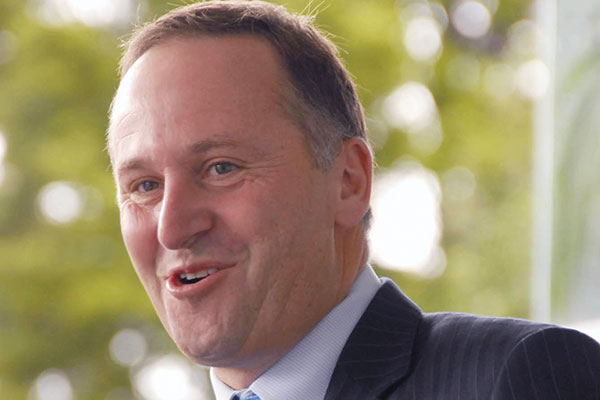$24 for a dozen, $16 for a bottle of wine, world will indeed end in 2012.
Labour’s Justice Spokesperson Charles Chauvel has recently revived Labour's 2010 policy of enforcing a minimum price of $2 per standard drink, but his party is quickly moving to distance themselves, labelling it “Chauvel Policy”. To further confuse the matter, Lianne Dalziel, Labour's Spokesperson on Alcohol Issues, who outlined her party’s policy during the bill's first reading in 2010, explicitly stated that “we should set a minimum price that would prevent wine from being sold for less than $2 for a standard drink.” However, she has since claimed that this was just an example, not policy.
Associate Health Minister Peter Dunne argued on 3 News that Labour's proposed minimum pricing is “elitist and ridiculous”, because while some people will no longer be able to afford a bottle of wine at all, “chardonnay socialists who can pay $25-$30 a bottle will still be able to get their wine”. He also “doubts [the bill] will make much difference” and “favours retaining a flat 18 years as the minimum purchase age”.
Meanwhile, Prime Minister John Key was sceptical about the idea of a minimum alcohol price. On July 3, Mr Key told The Herald that “what typically happens [with a minimum alcohol price] is people move down the quality curve and still get access to alcohol.”
Labour’s David Clark, MP for Dunedin North, told Critic: “It's really unfortunate that the government has ruled out the two big levers there are to effect social change, which are pricing and marketing.” Although he agrees that age is an important factor and personally believes in the split age scheme, “it's a pretty weak lever.”
Clark approves of the fact that the proposed bill “gives councils more power over distribution choices.” In North Dunedin he has observed that “pre-loading is where the issue is. In terms of local alcohol issues, it's cheap alcohol stock with distributors who don't have to bear the consequences of people drinking heavily – they take the money and usher them out the door.” Pubs, on the other hand, face fines and falling profits thanks to these “pre-loaders”, despite their efforts to “actually look after people” and provide a “safe environment to teach people to drink more responsibly”.
Coalition members the Maori Party have also called for minimum pricing, and with alcohol-related harm reportedly costing NZ $4.4 billion a year, it's a debate we can't afford to fuck up.








